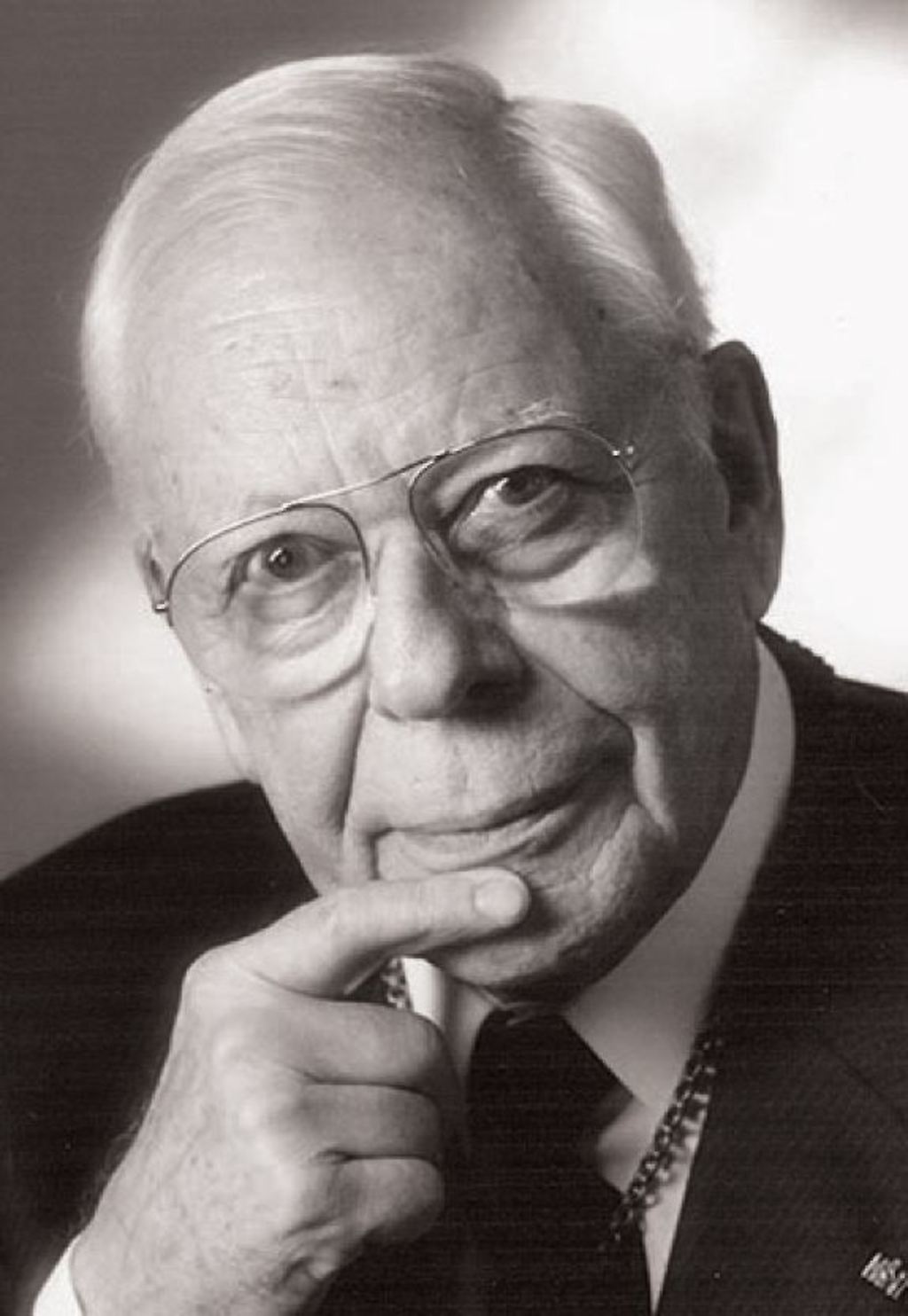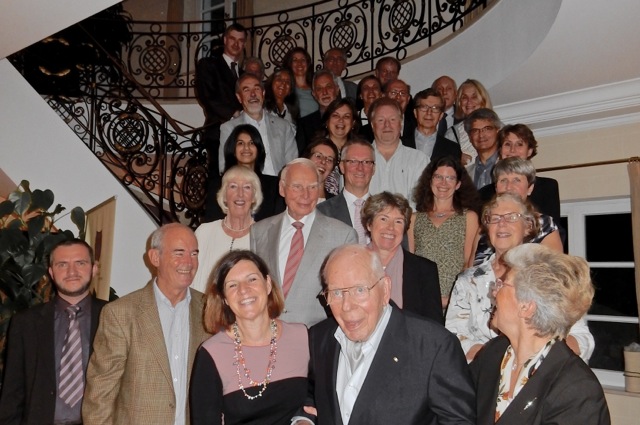
It is with deepest regret that ESCOP has to inform all members, friends and colleagues in the field of phytotherapy that one of the founding fathers of ESCOP, Professor Dr. med. Dr. h.c. mult. Fritz H. Kemper, passed away on 28 March 2017 in his home town of Münster, shortly after of his ninetieth birthday.
From early on in his professional career, Fritz Kemper stood out as a visionary leader in many fields of medicine and the environment, in scientific research and policy development, in Germany and across Europe. With a degree in medicine and natural sciences, he was Director of the Institute of Pharmacology and Toxicology in Münster from 1970 to 1993 and was a member of many scientific committees and institutions. He was Chairman of the EU Scientific Committee for Cosmetic and Non-Food Products (coping among other items with the BSE crisis), and a member of the EU-Scientific Steering Committee (SSC) that provided technical advice to the European Commission. In May 1999, he was one of three prominent members of the SSC to advise the EU Commissioner David Byrne, responsible for Health and Consumer Protection, to set up the first European Food and Public Health Authority, a recommendation that led to the formation in 2002 of EFSA, the European Food Standards Agency.
He was involved in the development and implementation of policy reforms around environmental and consumer protection, for example in his work on lead contamination in the food chain through the use of shot in hunting. He was also pivotal in the the establishment of the Umweltprobenbank (the scientific organisation for environmental and natural protection in Germany).
From the late 1970s his publications included papers on medicinal plants, particularly their hormonal effects. Phytotherapy was the part of his research portfolio for which he retained his greatest passion, especially in the last decades of his life. Through his enthusiasm and extensive network of academics, commercial leaders and politicians, he was able to propose, develop and move forward the idea of a harmonised framework for herbal medicinal products in Europe. His leadership and authority were apparent from the earliest days in the foundation of ESCOP, the European Scientific Cooperative on Phytotherapy, in 1989.
As chairman of the board from 1992 to 2009, Professor Kemper led ESCOP through many years of growth. The most rapid development was with the support of the European BIOMED programme for ESCOP’s project Determining the safe and effective use of phytomedicines in association with the University of Exeter UK, from 1992 through 1994. This major project, involving over 20 research centres across Europe, led to the current ESCOP monograph publication programme, substantial reviews of herbal safety and research methods, and also to three historic major international conferences, in Scheveningen, London and Bonn. Professor Kemper was the dominant figure in these formative years, delivering powerful oration, ensuring contributions from leading figures from the European Commission and regulatory authorities, and across the world of science and medicine. His command of the corridors of Brussels was a wonder to behold! Remarkably, as a Supervising Editor he also personally reviewed every published ESCOP monograph. It was his immense knowledge of the subject, his unbounded enthusiasm, his impressive leadership, and his ability to motivate people that inspired academics and researchers from around Europe to offer hundreds of hours of their free time to pursue the work and aims of ESCOP to this day.

His work laid the basis for addressing many of the challenges that phytomedicine would face in the new millennium. Over recent years, both the Board and Scientific Committees of ESCOP have continued to follow the direction and vision that he set out for herbal medicinal products and have used them as a guide to address the new challenges, in a scientific and balanced way.
We all owe Professor Kemper a huge debt of gratitude. We will miss him, his influence and dedication as well as his charm and humour, and we will always be proud that we were able to work with him and could briefly share his space. The world will not be the same without him. He was a giant of a man. He was once described as a ‘warrior’ for phytotherapy – he loved it!
With greatest respects
ESCOP Board and Scientific Committee